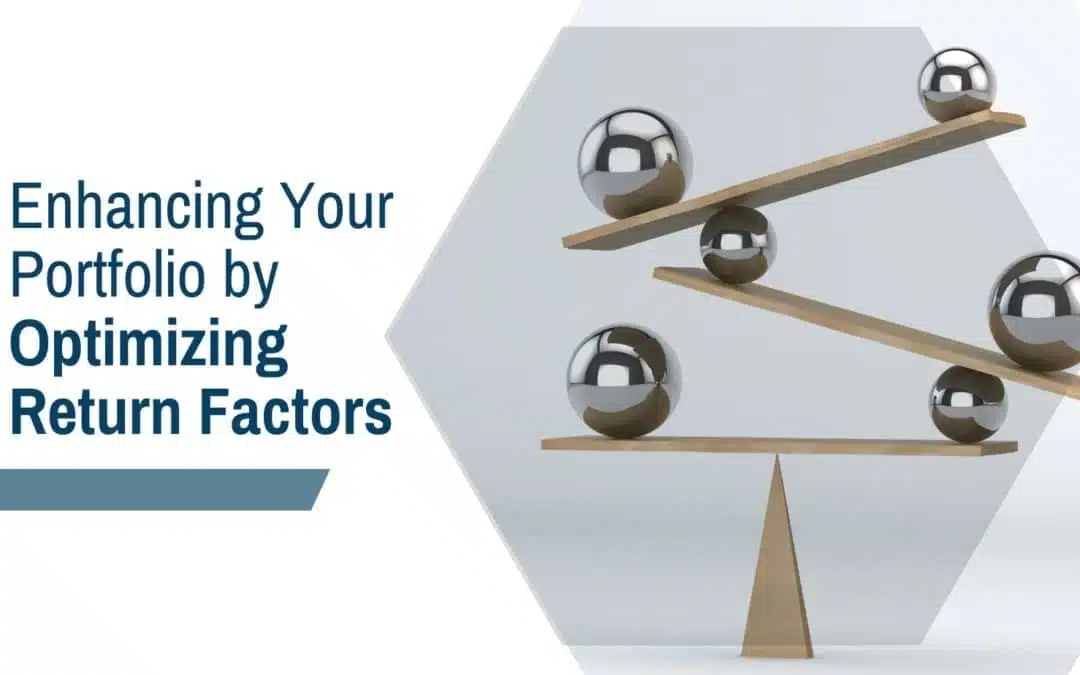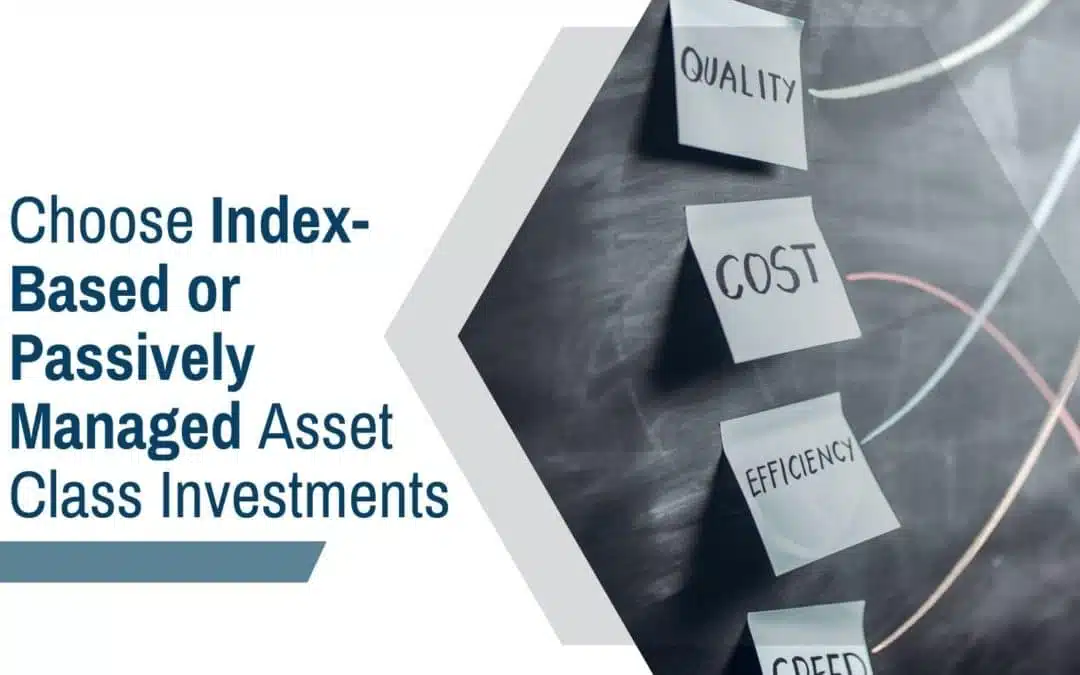the empowered investor
What’s Your Investment Philosophy?
(And Why That’s a Trick Question)
Investment Pitfall #1:
Most Investors Don’t Have an Investment Philosophy
Key Takeaways
- Most investors don’t have an investment philosophy, although every investor should.
- A well-structured investment philosophy acts as a double positive: It facilitates higher expected long-term rates of return, plus it helps you spend less time worrying about your money and more time enjoying it.
-
Your investment philosophy is like a social contract with yourself, bringing order to your investment universe … or chaos in its absence.
-
If you’ve not yet got an investment philosophy, how do you come up with one? We find investors are best served by learning more about the extensive, peer-reviewed academic evidence on how markets are expected to deliver long-term returns.
“An investment philosophy is a set of principles or guidelines to steer the decision-making process and stipulate how your money will be managed across both good and challenging times.”
Following up on our last post about investment noise, we continue our Empowered Investor blog series by covering several common investor pitfalls. But first, some audience participation. Are you ready? Answer this question in 20 words or less:
WHAT’S YOUR INVESTMENT PHILOSOPHY?
Go ahead. Take a moment and write down your answer. While you’re at it, if you’re heeding an expert’s advice, what’s their investment philosophy? Hopefully, it’s the same as yours.
DID YOU DEFINE YOUR INVESTMENT PHILOSOPHY?
If describing your investment philosophy is harder than you expected, don’t feel too bad. It was a trick question because, in our experience, few investors have one. This widespread oversight is one reason we believe not having an investment philosophy is among the biggest pitfalls around. And yet, as the most powerful force behind the rest of your investment decisions, it’s the first thing every investor should have. A well-structured investment philosophy is so powerful, it’s a double positive:
Powerful Positive #1: Higher Expected Returns. Having an investment philosophy should generate better investment results. Not just in some abstract sense, but literally. By helping you ignore costly distractions, it can facilitate higher long-term rates of return.
Powerful Positive #2: Happier Days. Equally as important, during the years and decades of your investment experience, you should be able to spend less time worrying about your money and more time enjoying it. Isn’t that the point of investing to begin with?
On the flip side, the absence of an investment philosophy becomes a double negative: Your investments are likely to underperform the broad market over time, and you’re likely to spend more time stressed out about them. Who needs that?
WHY AN INVESTMENT PHILOSOPHY MATTERS
Why are we making such a fuss over a sentence or two about how you intend to invest? In one of our podcasts, “Investment Pitfall #1: Not Having an Investment Philosophy,” Marcelo Taboada tapped some of his Concordia University undergraduate studies to explain. He describes how your investment philosophy is similar to what philosophers call a social contract. The Ten Commandments is a great example. Without these sorts of governing principles for how to act, there’s not much to stop a society from devolving into anarchy.
Your investment philosophy is essentially a social contract with yourself, bringing order to your investment universe … or chaos in its absence.
Pro baseball offers another helpful analogy. Often, when two talented teams face off, the winner isn’t the one who makes the most dramatic plays, but the one who makes the fewest errors. Their batters don’t swing at every random pitch, for example. Instead, they remain patient and intentional, governed by guidelines instead of wild strikes.
In similar fashion, your investment philosophy defines your best game and its rules at play. It also becomes a strong defense against your greatest enemy, as introduced in our last post: investment noise. By establishing sensible rules on when to swing, bunt or stay (so to speak), you’ll have much better control over how to proceed as markets, sectors, and stocks come at you high and fast, low and slow, or straight across the plate.
THE HALLMARKS OF A SENSIBLE INVESTMENT PHILOSOPHY
If you’ve not yet got an investment philosophy, how do you create one? We find investors are best served by learning more about the extensive, peer-reviewed academic evidence on how markets are expected to deliver long-term returns. We’ve covered this in our book, “The Empowered Investor.” We’ll talk about it again in future posts. But, bottom line, once you’ve embraced an evidence-based investment philosophy, just about every other decision can cascade from there.
This includes how to build your low-cost, globally diversified portfolio according to your goals and risk tolerances; when to rebalance it; and (importantly!) when to leave it the heck alone. As financial author (and neurosurgeon) William Bernstein, MD, PhD succinctly stated when asked about his own investment philosophy: “Do the math. Expect catastrophes. Whatever happens, stay the course.”
Next, we’ll turn to another important investment pitfall: the folly of believing you, or anyone else, can reliably forecast future pricing. If you have questions or comments about what you’ve read so far, please reach out to us today. We love hearing from our readers!
Additional Reading:
- The Four Pillars of Investing, by William Bernstein
- The Psychology of Money, by Morgan Housel
- And, as always, our own book: The Empowered Investor
More Winning Investment Principals

Investment Principal #4: Maximize Returns with Key Investment Factors
Discover how investment factors can help you maximize returns. Learn strategic factor investing to enhance your portfolio.

Investment Principal #3: Using Passive/Index Funds or ETFs
Index-based or passive asset class funds focus on how to reduce the costs and frictions involved in capturing the market’s generous expected returns over time.

Investment Principal #2: Diversify Your Asset Classes
The magic behind diversification is found in a financial measure known as correlation, or the degree to which two asset classes move in similar patterns.
Stay on top of your financial education
Subcribe and follow to get updates on important wealth management topics.

Connect
Visit Us
3535 St-Charles Blvd.
Suite 703
Kirkland, Quebec
H9H 5B9
Connect